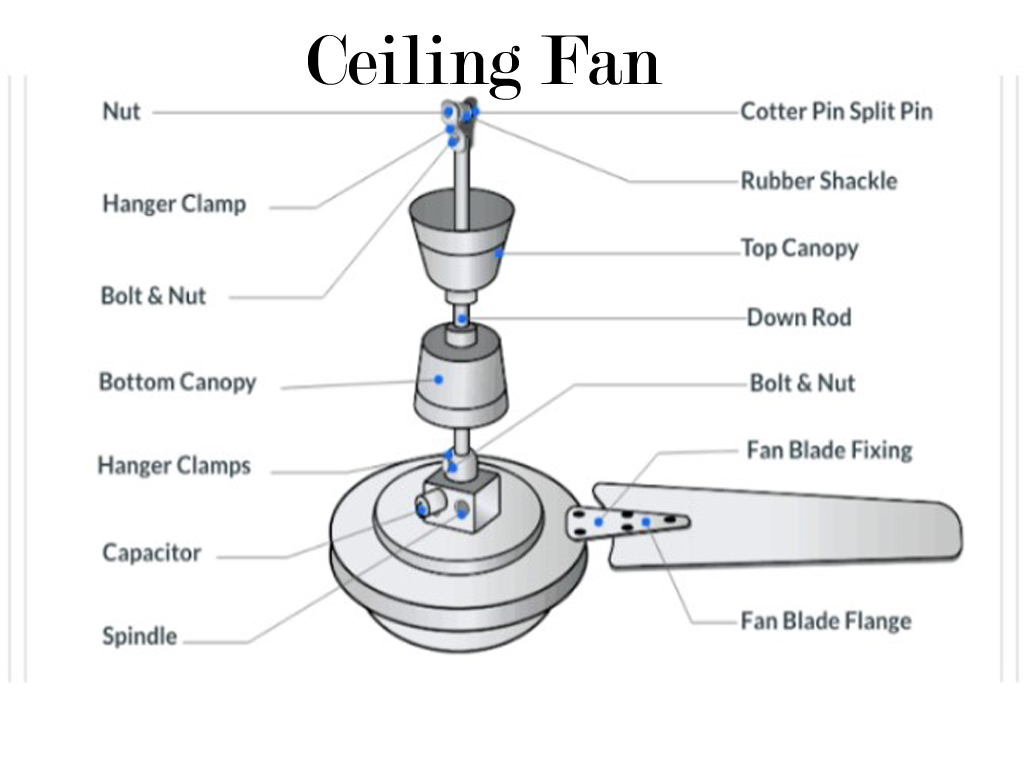Becoming an expert electrical engineer requires a combination of formal education, hands-on experience, continuous learning, and professional networking. Here’s a step-by-step guide to help you establish yourself as an expert in the field of electrical engineering:
Obtain a Strong Educational Foundation
- Bachelor’s Degree: Start by earning a degree in electrical engineering (EE) from an accredited university. This provides you with the core knowledge in circuits, electromagnetism, digital systems, and power systems.
- Specialize: During your studies, deeply understand circuit theory, electromagnetics, power systems, control systems, and digital electronics. choose electives that align with your areas of interest (e.g., control systems, power systems, telecommunications, robotics, etc.).
- Advanced Studies: Consider pursuing a Master’s or Ph.D. if you want to dive deeper into research, innovation, or academia. Advanced degrees can open up opportunities in specialized areas.
- Mathematics and Software Proficiency: Strengthen your skills in calculus, differential equations, and linear algebra, as they are essential tools for electrical engineering. Learn to use industry-standard software like MATLAB, Simulink, PSpice, AutoCAD Electrical, and others relevant to your specialization. Familiarize yourself with programming languages like C, Python, or VHDL for embedded systems and automation.
Gain Practical Experience
- Internships: Seek internships or co-op programs during your studies to gain real-world experience. Practical exposure will deepen your understanding and make you more valuable to employers.
- Hands-on Projects: Work on personal or team projects (e.g., designing circuits, building robots, or creating embedded systems). These projects will help solidify your theoretical knowledge and improve your skills.
- Entry-Level Positions: Start with entry-level roles that allow you to apply your knowledge and learn from experienced engineers.
- Work in Various Roles: Early in your career, take on diverse roles or projects to broaden your experience. This may include working with power systems, control systems, electronics, or software development for hardware.
- Troubleshooting and Maintenance: Gain experience in troubleshooting and maintaining electrical systems to develop your problem-solving abilities.
Develop Specialized Skills
- Choose a Specialization: Select a specific area of electrical engineering that interests you, such as power systems, renewable energy, control systems, telecommunications, or embedded systems.
- Stay Current with Technology: Electrical engineering is a rapidly evolving field. Keep up with advancements in areas like IoT, smart grids, renewable energy, electric vehicles, and automation.
- Certifications: Obtain certifications in specialized areas (e.g., power systems, renewable energy, PLC programming) from recognized institutions. These can enhance your credentials.
Work on Real-World Projects
- Freelance or Contract Work: If possible, take on freelance projects or contract work. This allows you to tackle a variety of real-world problems and build a diverse portfolio.
- Contribute to Open-Source Projects: Collaborating on open-source engineering projects is a great way to showcase your skills and collaborate with other engineers worldwide.
- Design Systems and Products: Work on designing, testing, and optimizing electrical systems, products, or components. Building a strong portfolio of successful projects will help establish your credibility.
Build a Personal Brand
- Create an Online Presence: Build a professional website or portfolio that highlights your work, certifications, and experience. This helps prospective clients or employers find your expertise.
- Write Articles or Blog: Share your knowledge through blog posts or technical articles. Discuss engineering topics, tutorials, or case studies. This demonstrates thought leadership and helps build a reputation.
- Engage on LinkedIn: Regularly post updates, share insights, and engage with the electrical engineering community on LinkedIn. Join relevant groups and participate in discussions.
- Read Technical Papers and Journals: Stay current with the latest research and developments by reading technical papers and journals.
- Communication Skills: Develop strong written and verbal communication skills to effectively convey technical information to colleagues, clients, and stakeholders.
- Problem-Solving Skills: Hone your problem-solving abilities to tackle complex engineering challenges.
- Teamwork and Collaboration: Learn to work effectively in teams and collaborate with other professionals.
- Leadership Skills: Develop leadership skills to guide and mentor other engineers.
- Project Management Skills: Learn to manage projects effectively, including planning, scheduling, and budgeting.
Join Professional Organizations
- IEEE Membership: The Institute of Electrical and Electronics Engineers (IEEE) is the leading professional organization for electrical engineers. Attend conferences, webinars, and workshops, and contribute to technical papers.
- Other Engineering Groups: Participate in local or international electrical engineering groups or forums (e.g., International Association of Electrical Inspectors (IAEI), or Society of Electrical Engineers).
Collaborate with Other Experts

- Networking: Connect with other engineers and professionals in the industry. Networking can open up new opportunities for collaboration, mentorship, and learning.
- Collaborative Research: Engage in research projects, either through your work or independently, to explore innovative solutions or technologies in electrical engineering.
Teach or Mentor Others
- Teach Courses: Share your expertise by teaching courses (online or in-person) for engineering students or professionals looking to enhance their skills.
- Mentor Junior Engineers: Offer guidance to junior engineers or interns, helping them develop their skills and knowledge. Teaching and mentoring reinforce your own expertise.
Stay Updated and Continue Learning
- Attend Conferences and Workshops: Regularly attend industry conferences, workshops, or webinars to stay informed on the latest research and trends in electrical engineering.
- Read Journals and Research Papers: Subscribe to top engineering journals, magazines, or websites to keep track of breakthroughs and new developments in your area of expertise.
- Continuing Education: Engage in lifelong learning by taking advanced courses in areas of emerging technologies like renewable energy, automation, or smart systems.
Publish Your Work
- Research Papers: If you are involved in research, aim to publish your findings in respected engineering journals or present them at conferences.
- Write a Book or Guide: Consider writing a book or guide about specific electrical engineering topics or technologies you’re passionate about. It adds credibility to your expertise.
Pursue Recognition and Leadership Roles
- Leadership Positions: Work towards roles that allow you to lead projects, teams, or departments. Leadership experience enhances your reputation as an expert.
- Awards and Recognition: Strive for excellence in your work. Being recognized by your peers, industry organizations, or clients can significantly elevate your status as an expert.
By combining knowledge, practical experience, networking, and continuous learning, you can position yourself as an expert in the field of electrical engineering. By consistently following these steps, you can build a strong foundation, gain valuable experience, and develop the expertise necessary to become a highly respected electrical engineer.

